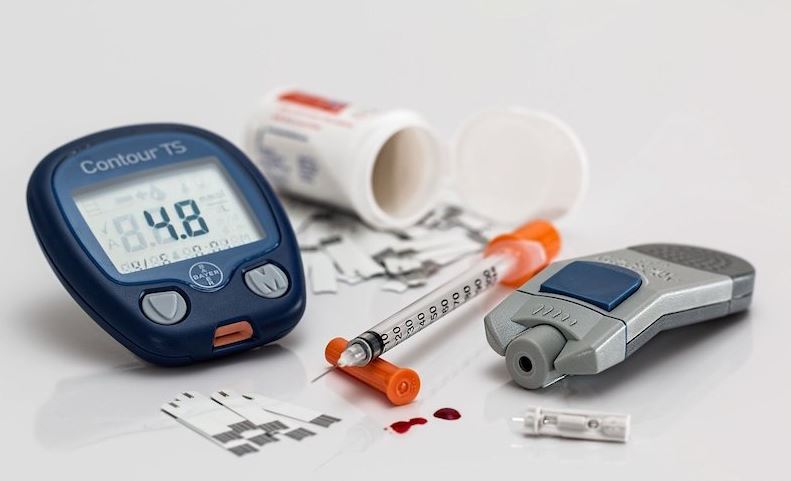New Delhi: Covid-19 infections, which started about two years ago, has contributed to nearly 25 per cent rise in diabetic patients in the country, revealed OPD data of a private hospital here on Friday.
With almost 77 million people living with diabetes, India is often referred to as the diabetes capital of the world.
Covid, which is a viral infection that causes various inflammatory reactions, is known to lead to various recurring and new health ailments such as hypoxia, weakness, weight-loss, hair-loss, myocarditis, thyroid. But, diabetes is reportedly one of the most common after effects of the infectious disease.
Doctors at Indraprastha Apollo Hospitals examined data from OPDs of the last two years. They found that among patients with confirmed Covid-19 infections, there was nearly 25 per cent of new onset of diabetic patients.
Stress induced hyperglycemia — high blood sugar — was seen in 10 per cent of patients who had Covid-19 infection.
Among patients who are already diabetic, more than 60 per cent of patients showed worsening of glycemic status, which persisted for more than three months.
“Diabetes in itself is a pro-inflammatory state posing a risk of an inflammatory response along with Covid-19 which leads to aggravation of blood sugar levels. Those who are known diabetic, Covid-19 caused abnormal values of blood surpass (above the normal range),” said Dr. Subhash Kumar Wangnoo, Senior Consultant Endocrinologist and Diabetologist, at the hospital, said in a statement.
“Use of steroids, due to serious manifestations of Covid-19 in treatment, further worsened the glucose levels in the patients. Stress response due to acute infection like Covid, increases the blood surpasses values through Hb1ac, which may be normal. This we term it as new onset of diabetes due to Covid-19,” he explained.
Hence, for an early and better diagnosis patients who have been administered steroids owing to serious manifestations of Covid-19 are advised to keep a regular check on blood sugar levels post their recovery from the virus, the doctor suggested.
Diabetes also further predisposes patients to various comorbidities including kidney disease and cardiovascular ailments. Other factors contributing towards a spike in the cases of diabetes are access to calorie dense food, erratic diet patterns and sedentary lifestyle.
“Adopting a healthy lifestyle, which includes daily exercise and avoiding unhealthy eating habits, such as consumption of processed foods and smoking cessation, can significantly bring down the risk of diabetes. Raising awareness and bringing about a shift in lifestyles of our population has to be a critical element in our prevention strategy,” said Dr Ashutosh Goyal, Senior Consultant, Endocrinology, Paras Hospitals.
IANS
